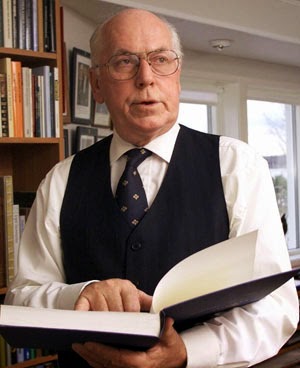My, how the world has changed.
Mozambique independence in 1975 was a kind of high water mark of communism. Fresh from
victory in Portugal’s 1974 military coup and its triumph in Vietnam, 'world
revolution' arrived in southern Africa on June 25, 1975 with the People’s Republic of Mozambique.
In the days before the Portuguese handover, pundits
in what was still Lourenco Marques wondered whether the Frelimo liberation movement
would embrace Soviet communism or its rival Chinese variant. Newly arrived
foreign correspondents counseled that clues would be revealed by where
dignitaries were placed on the dais. Would the Russians or Chinese be seated
closest to Samora Machel and Frelimo leadership?
Ian Smith in a Rhodesia, awkwardly perched between Mozambique
and soon to be independent Angola, warned that the Kremlin’s objective was a
belt of compliant states stretched across the subcontinent. In South Africa the
Financial Mail worried that Frelimo would squeeze Smith economically by closing
Mozambican ports to Rhodesian commerce.
It was in Mozambique that I observed my first revolution,
if that’s the right term. In late 1974 and 1975 I made three trips to
the country, always exhilarated by the ease with which blacks and whites
interacted compared to the stifling constraint of apartheid.
But the shortcomings of
Portuguese rule were equally visible. Why were the cab drivers in a black
majority city almost exclusively white? Why in 300 years had the Portuguese
failed to build a highway between the capital and Beira, the second city 1200
km north?
Mozambique and Angola were rushed to independence because the coup plotters in Lisbon wanted a quick end to Portugal's African wars. For all of its bluster Frelimo had liberated very little Mozambican territory. By its own admission the liberation group was ill-prepared to assume power. Significantly the independence agreements for Mozambique and Angola made no reference to free elections or democracy. Mozambique was to be a one party state ruled by the vanguard party.
As independence approached Beira was curiously silent.
The only activity was in the port. British frigates could be seen off shore. At
the airport despondent settlers lined the tarmac awaiting refugee flights to
Portugal. On the train to Rhodesia
I was one of only a dozen passengers.
Mozambique independence was my first assignment for
NBC News. As the midnight hour approached for the celebratory hauling down of
the Portuguese flag seasoned correspondents headed not to Machava Stadium but
the suburban home of Fernando Fernandes, everybody’s L.M. stringer, to be in
the queue for the telex machines that would get the story out.
Returning to Johannesburg it was strange to listen
to Radio Beijing where the English program consisted of reading verbatim from
Chairman Mao’s little red book. ANC broadcasts from Dar es Salaam voiced the
empty rhetoric of imperialism’s retreat and the certainty of African revolution.
Fast forward 40 years and 1975 is a time warp. Portugal rather quickly abandoned socialism and moved to democracy and eventual membership in the European Union.
Communism was repudiated by its main practioners, China and Russia. A modernizing China moved towards a market economy in the late 70s while maintaining only the trapplngs of communism. Mikhail Gorbachev said the Russians had tried but failed to make communism work. In 1991 the Soviet Union imploded and fragmented into multiple states.
For its part Frelimo abandoned communism in 1990
and dropped ‘peoples republic’ from the country’s name. Property and
enterprises that had been nationalized were privatized. With huge gas and coal
deposits in the north, foreign investment is propelling rapid economic growth.
In the globalized world China has emerged as the biggest winner. Millions have been lifted out of poverty not by communism but by free market capitalism. China has risen to be the world's second biggest economy.
A visitor to Mozambique today witnesses a Chinese
presence that is large and growing. The Chinese built Maputo’s modern airport.
They are big investors in liquefied natural gas, minerals and agriculture.
One doesn’t have to see where they’re seated on the
dais to know that the Chinese are winners. Hopefully, the Mozambicans are making up for lost time are becoming winners as well.

